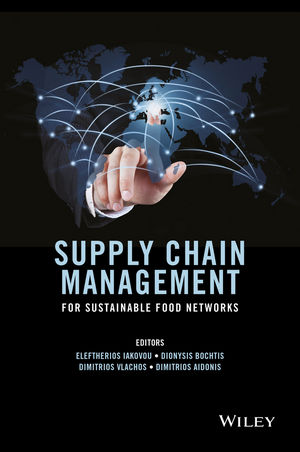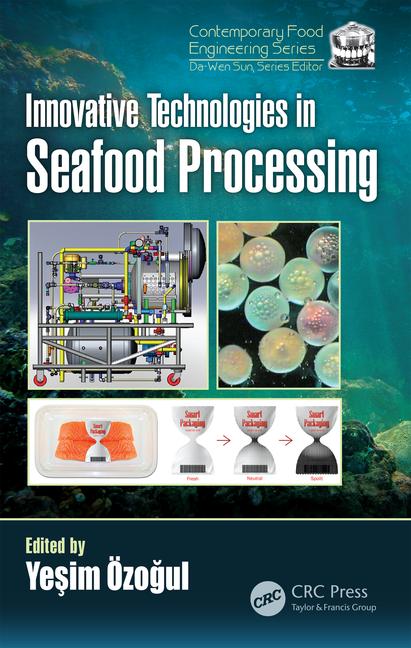How to Protect Every Link in the Supply Chain

The Food Safety Modernization Act (FSMA) affects every link in the cold chain from farm to fork. This act fundamentally alters the way the United States regulates  the safety of its food supply, shifting the focus of the federal government from responding to food contamination issues to preventing problems from occurring in the first place.
the safety of its food supply, shifting the focus of the federal government from responding to food contamination issues to preventing problems from occurring in the first place.
While food producers and processors bear the primary responsibility for food safety under the FSMA, they also rely heavily on partners in the refrigerated transportation industry to ensure that safe and sanitary conditions are maintained throughout a product’s journey to market.
In May, the Food and Drug Administration (FDA) released a new strategy that reinforces the food industry’s responsibility to manage operations and supply chains via documented assurances that ensure preventive measures are being implemented as a matter of routine practice.
Fortunately, for food and beverage producers and processors, technologies are available that enable shippers and fleet operators to protect the safety of the food supply and document conditions inside refrigerated trailers at every step throughout the transportation process.
These technologies also help shippers and fleet operators improve operational efficiency and on-time performance while reducing cargo spoilage and ultimately improving producers’ ability to meet customer requirements, reduce costs and improve bottom-line results.
Technology advancements pioneered by transportation refrigeration unit (TRU) original equipment manufacturers include the development of a new generation of integrated asset management systems. These systems take advantage of the ability to access real-time information through cellular and Wi-Fi-enabled technologies.
Producers and processors reap similar benefits, as these systems help shippers and carriers track assets, manage temperatures and monitor refrigeration unit alarms to ensure the integrity of shipments.
Operators connected to a secure network on any computer, tablet or smartphone can use intuitive dashboards to remotely monitor temperatures, door openings and fuel levels. They also can change set points, operating modes and other control parameters and even respond to refrigeration system alarms. This functionality enables operators to manage the whole fleet from one centralized system, providing real-time control and monitoring capabilities to safely and securely protect customer cargo.
The FSMA rule on Sanitary Transportation of Human and Animal Food, scheduled to take effect in 2016, will mandate that carriers and shippers maintain written procedures and records related to transportation equipment cleaning, prior cargos and temperature control.
Fleet management systems enabled by telematics allow operators to record relevant data to meet customers’ current needs and also comply with future food safety regulations. Shippers and operators can provide producers and processors with proof-of-compliance data for any point in a given journey. For example, operators can prove the trailer was pre-cooled to the right temperature, the transport refrigeration unit was alarm free, door openings were kept to a minimum and cargo was securely delivered at the proper temperature.
The most capable asset management systems also have mapping, alarm and notification features that improve security and reduce risk. They can detect unauthorized movements, door openings and fuel drops to prevent the loss of cargo and equipment.
Advanced asset management systems clearly have an important role to play in helping the perishable food industry protect the safety and integrity of the U.S. food supply. In addition, these advanced systems have already proven their value when it comes to enhancing the efficiency and effectiveness of the nation’s refrigerated transportation system, benefiting every link in the cold chain.
Looking for a reprint of this article?
From high-res PDFs to custom plaques, order your copy today!









